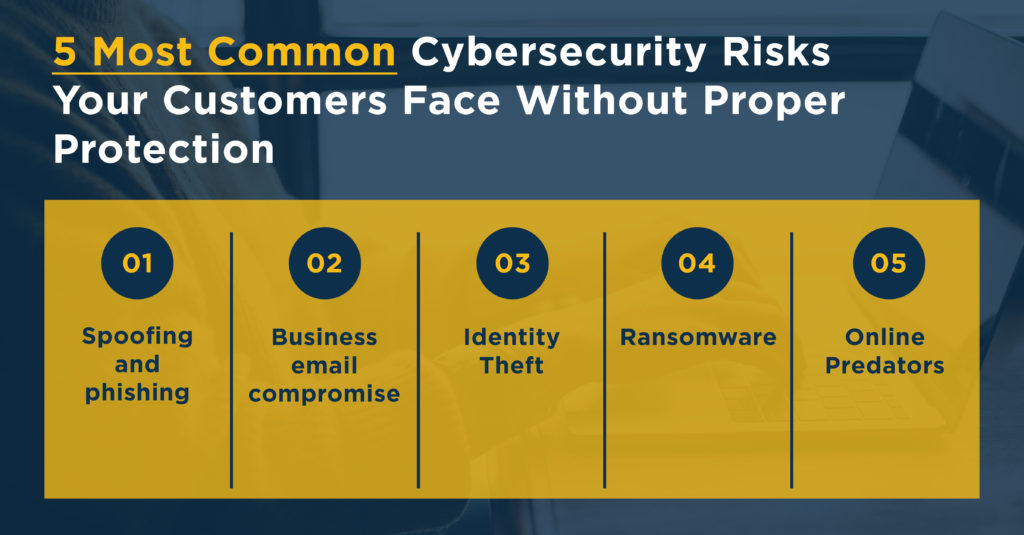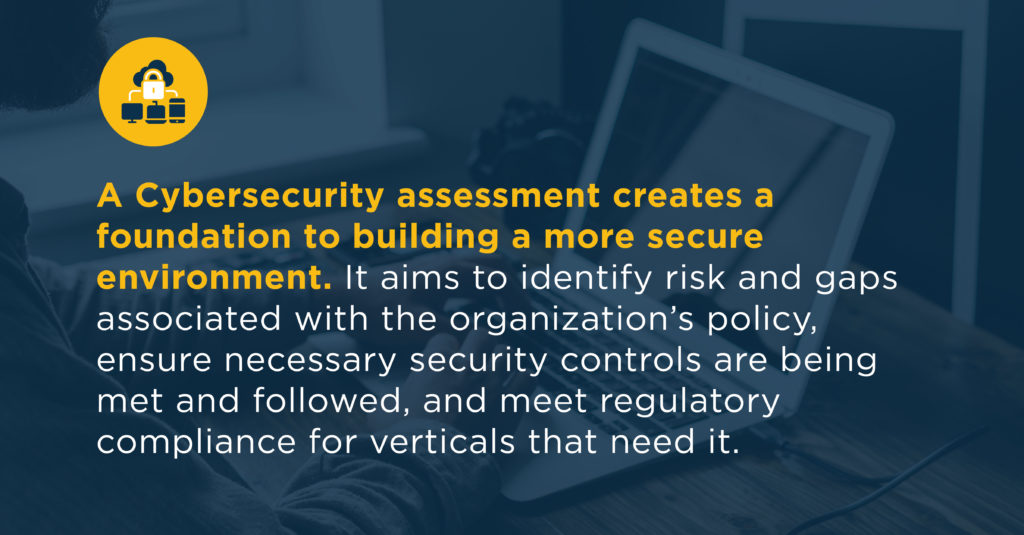For all its benefits, the shift to remote work also brings new challenges — especially in terms of Cybersecurity. Breaches threaten remote-first work environments, which often lack the firewalls and other virtual fortifications customary in traditional offices, and the concern is evident in a growing number of verticals: government, education, healthcare, and construction, to name just a few. This, of course, brings opportunity: Gartner estimates that worldwide spending on Cybersecurity will reach $133.7 billion by 2022. Yet, many Partners are hesitant to tap into this profitable space. Only 29% are comfortable discussing Cybersecurity with their clients — polls repeatedly show that many Partners consider the technology to be too complex. But you don’t need to be an expert to sell Cybersecurity. Know the basics and you will elevate any client conversation and open the door to new revenue. Sandler’s Sales Engineers are here to help you with these conversations or can help through introductions to our Managed Security Service Providers (MSSP).
Know the Risks
According to the FBI, these are the 5 most common cybersecurity risks and crimes your customers face without proper protection:
- Spoofing and phishing
- Business email compromise
- Identity Theft
- Ransomware
- Online Predators
Identity theft and online predators, generally, are consumer-driven risks. Spoofing and phishing, business email compromise, and ransomware are significant threats to organizations.

Start the Conversation
Customers need Cybersecurity solutions. And if they already have them, they probably need to update them. Many organizations need Cybersecurity for compliance — HIPPA for healthcare, for example — but your customers likely don’t have the tools, skills, or knowledge to effectively secure their organizations, especially as the threats and anomalies become more sophisticated. Talk Cybersecurity with your clients. Introduce them to new solutions and opportunities — there are many. Help them stay ahead of breaches; that will help you grow your revenue.
You can approach this discussion by asking questions like:
- Many professionals will continue working from home well into 2021 — How are you addressing the remote workforce challenge?
- Do you have a security policy or framework that you adhere to?
- How are you monitoring security?
- Have you prepared for a breach with a penetration test or vulnerability scan?
- How would you handle a breach?
- Do you have any industry specific concerns or have any regulatory requirements?
- Do you have a training program in place with your employees to talk about security?
- When was the last time your security policy was updated?
Get Assessed
If security solutions interest your customers, then, as a next step, they should get a Cybersecurity assessment — a comprehensive evaluation of an organization’s network and security. It will address a wide scope of potential issues in the client’s environment and employ a security framework such as NIST to understand exposure, identify risks, and prescribe steps and controls to mitigate them.

A variety of our providers offer security assessments that vary by the size of the client organization and their individual needs.
Don’t Sleep on SIEM And SOCaaS
If you’re confident in your Cybersecurity knowledge, you can also highlight Security Information and Event Management (SIEM) during your discussion. SIEM, as Gartner defines it, analyzes “security event data in real time, which supports the early detection of attacks and breaches. SIEM systems collect, store, investigate, support, mitigate, and report on security data for incident response, forensics, and regulatory compliance.”
This is a must-have for IT teams; SIEM will alert your client’s organization of any attacks or breaches. If your customer shows interest in expanding their security solutions — and if their assessment shows they’re lacking in this area — consider emphasizing it.
Detection is essential, but it’s also important to understand attacks and breaches so your client can properly respond. Security Operations Center as-a-Service (SOCaaS) is another solution worth emphasizing. It monitors your client’s network, responds to threats, and uses threat intelligence feeds to help understand the threat level for proper End Point management and response.
Secure New Opportunities and Revenue
You don’t need to be a pro to sell Cybersecurity. You need only the basics. Chances are that your customer needs these types of solutions — aware of it or not — and all you have to do is start the conversation.
If you’d like to learn more about Cybersecurity assessments and SIEM solutions, watch our Summit session here.
You can also always reach out to our team to talk through what your client’s needs are. Sandler Partners has the resources to help advise or be in front of the customer to ensure the success of your next Cybersecurity deal.
Author:
Eric Beller
Eric Beller, SVP, Sales & Complex Solutions, assists Partners with developing everyday technical solutions in the central region, and complex solutions across the nation. Our resident Cybersecurity expert, we leverage his technical and personal expertise to solve customer’s business problems while also ensuring an elevated experience.
